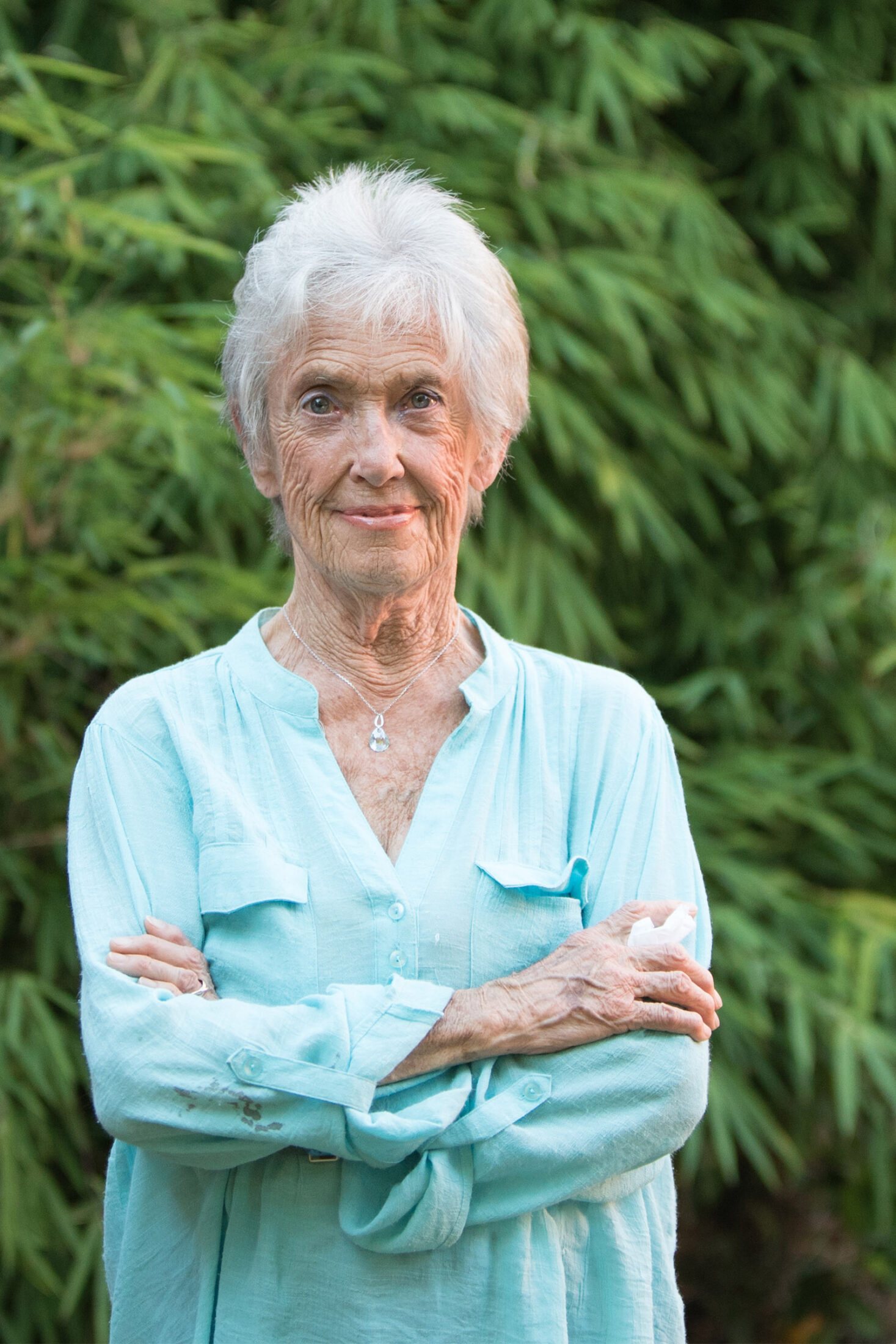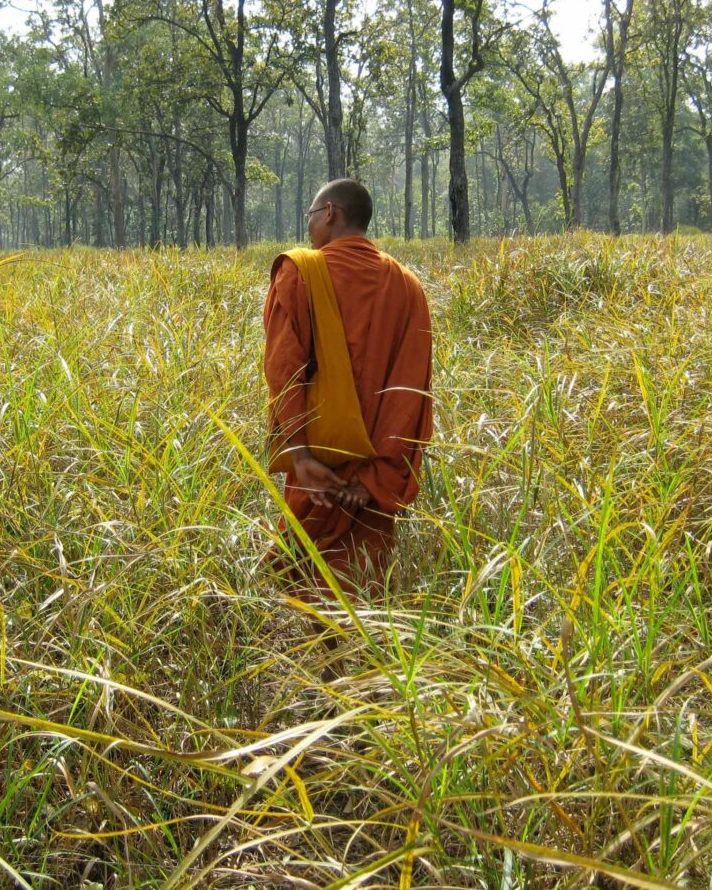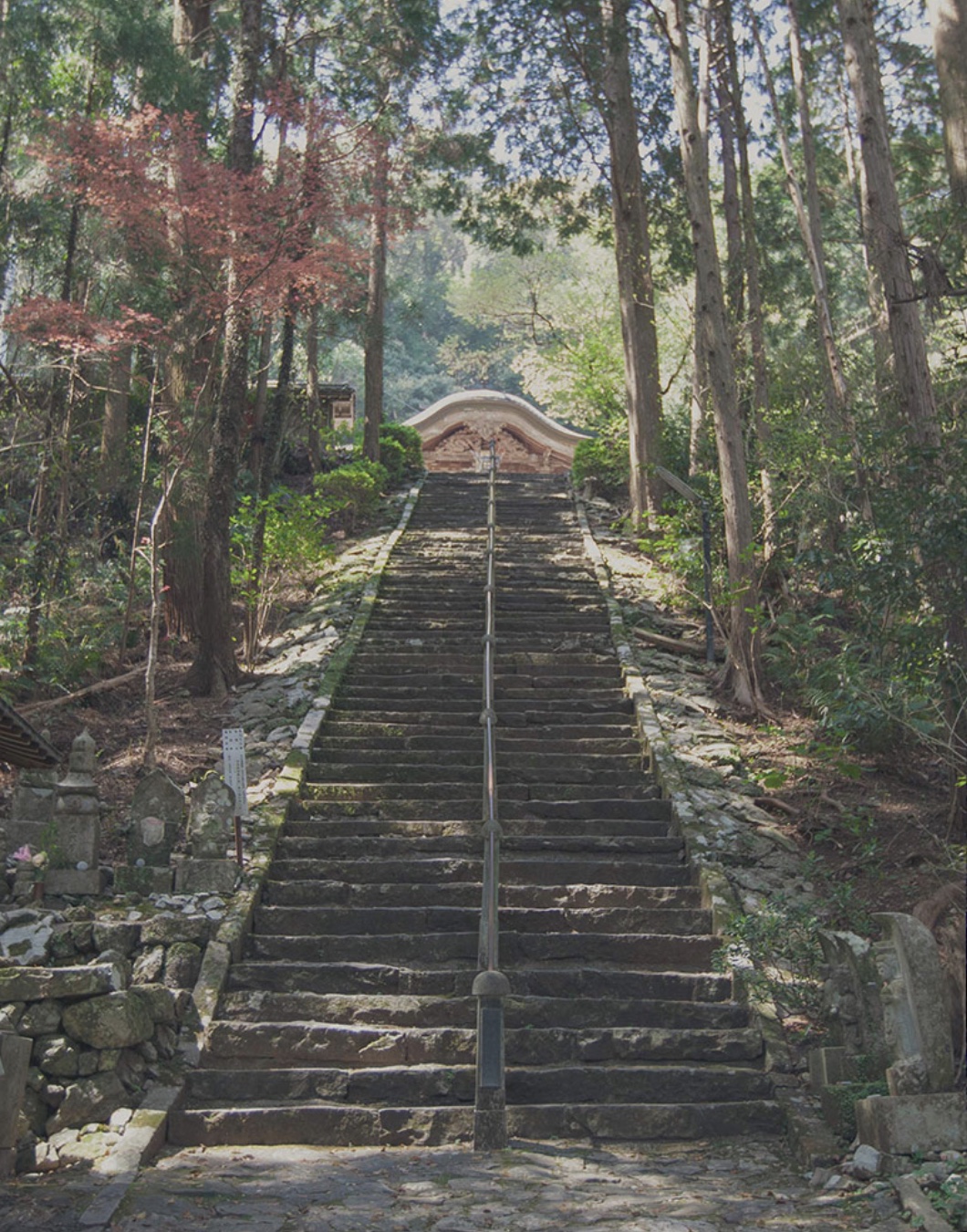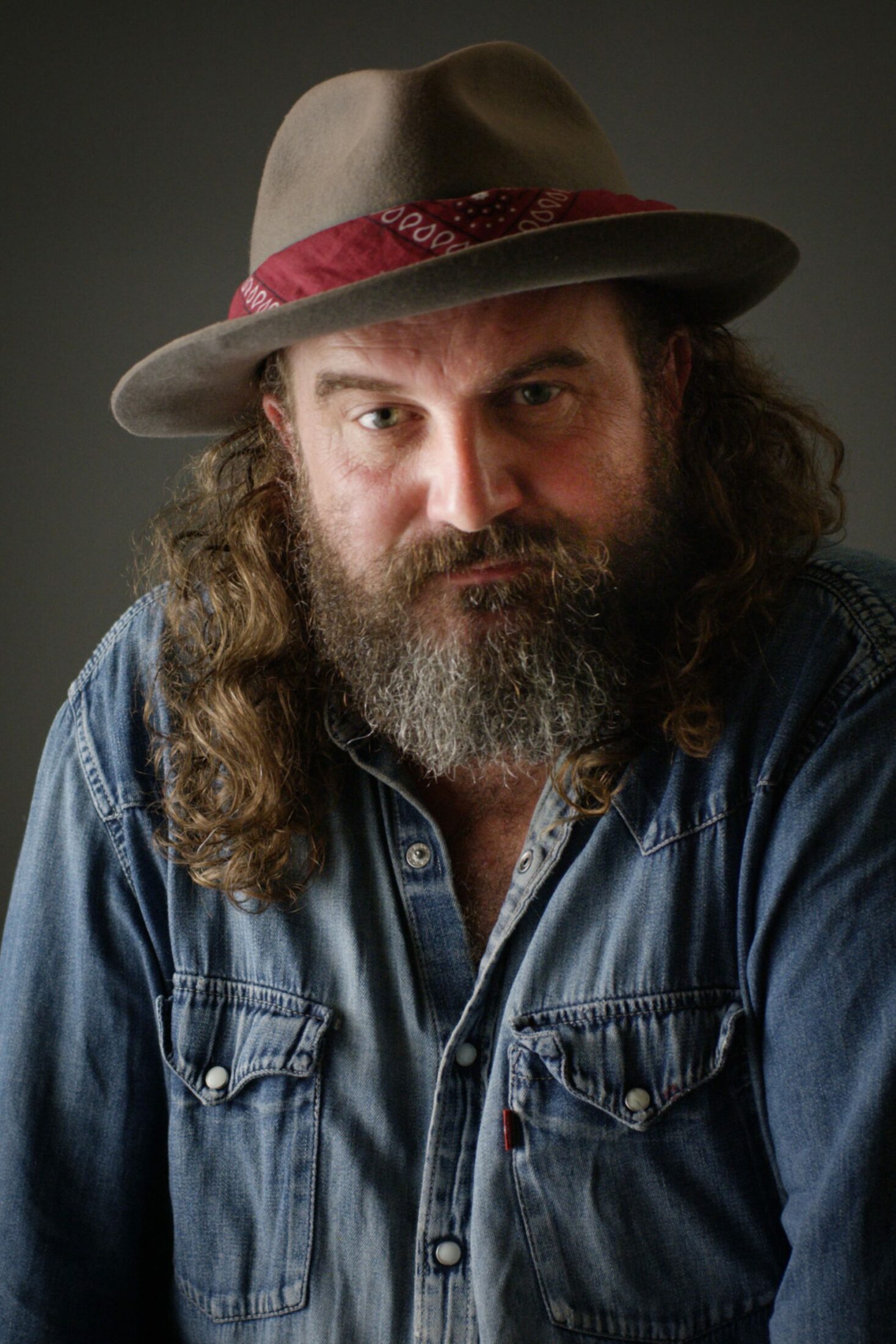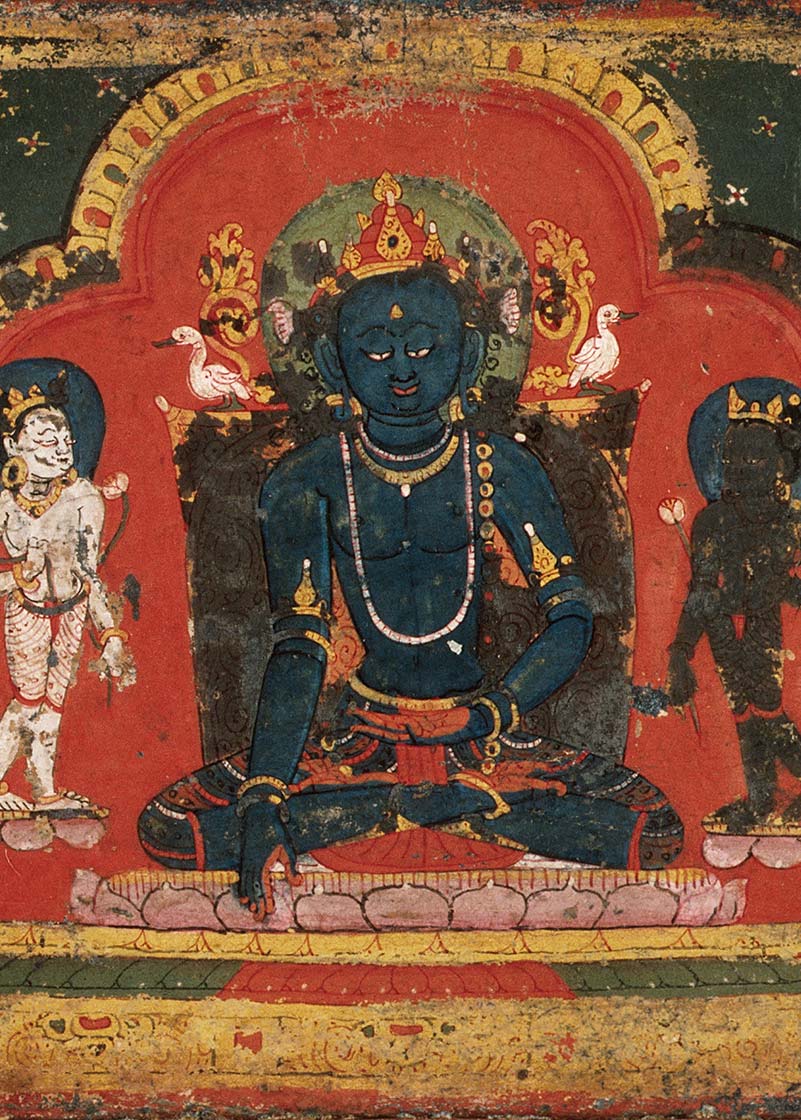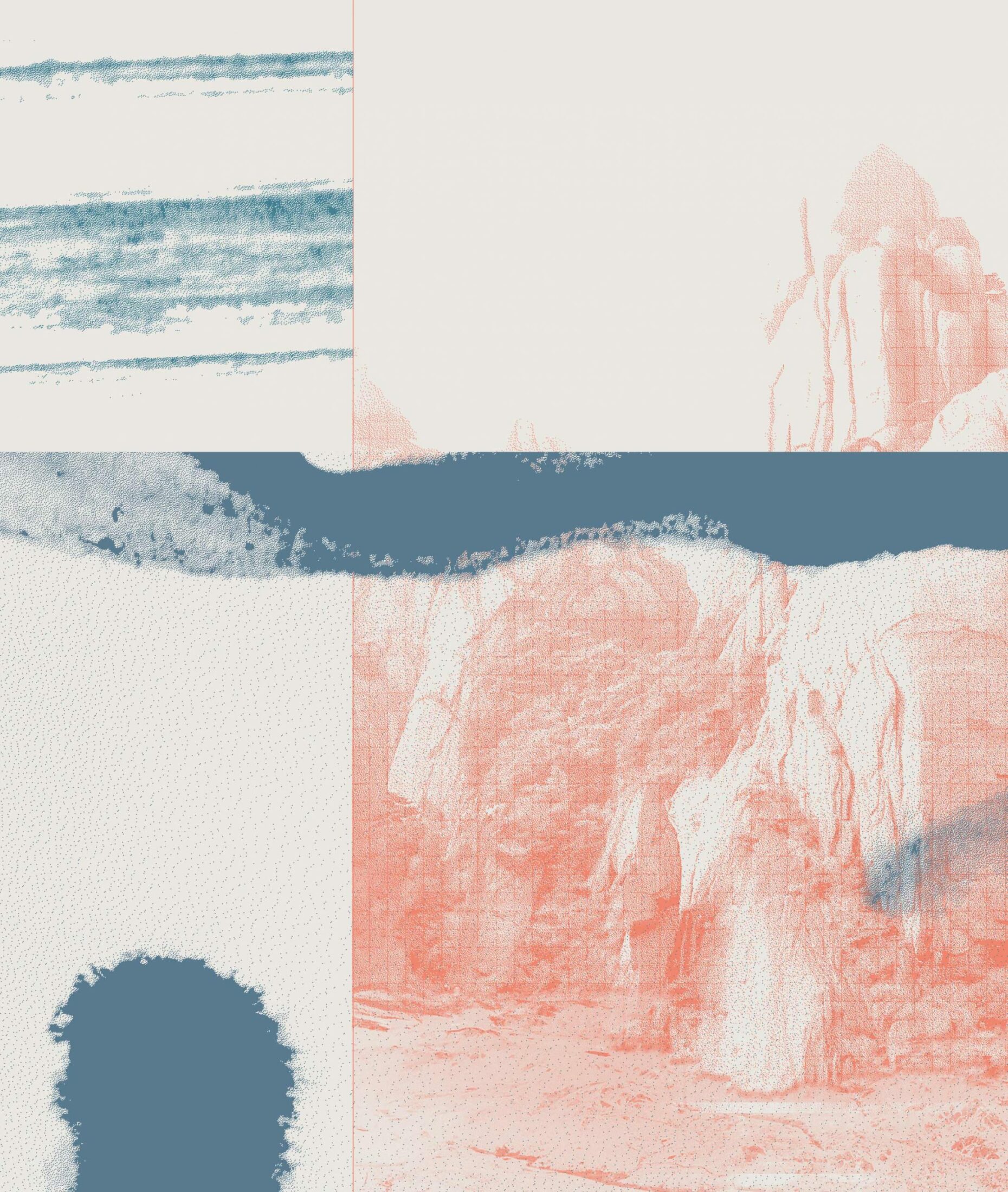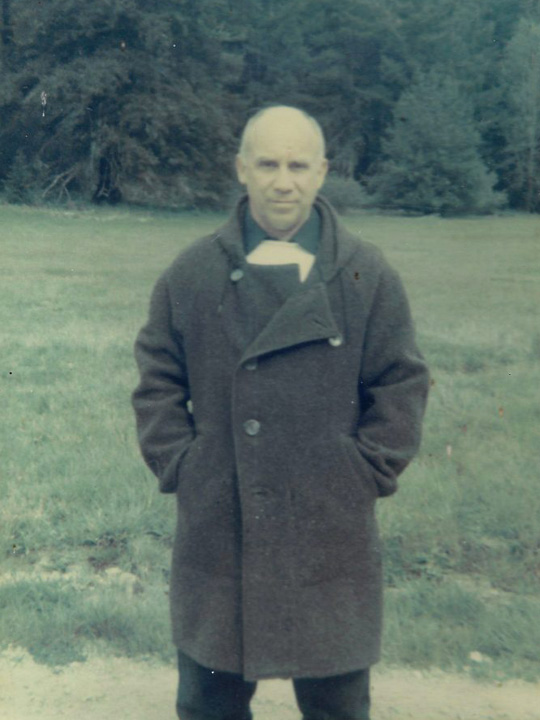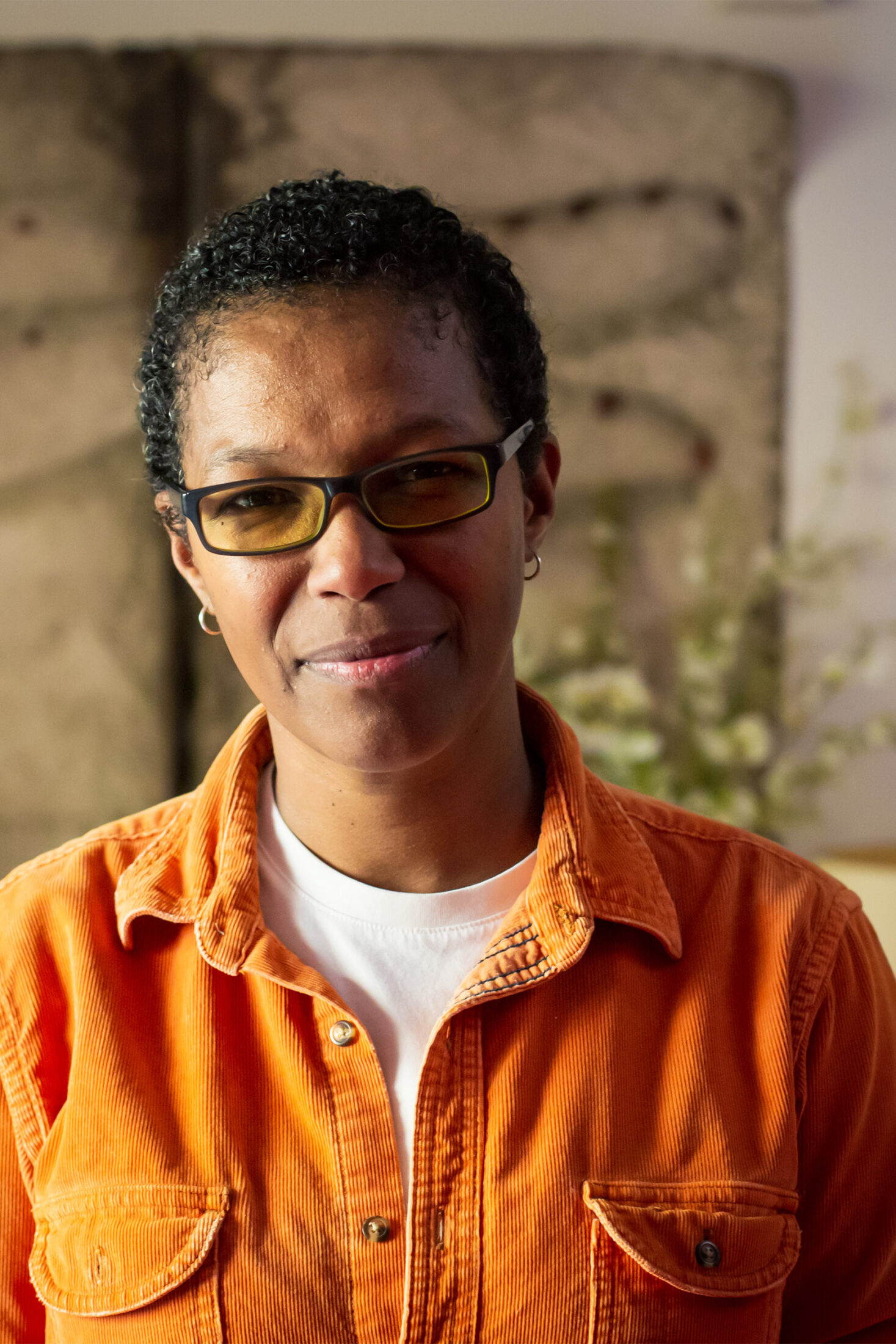
Radical Dharma
Reverend angel Kyodo williams is a Sensei in the Japanese Zen tradition and founder of the Center for Transformative Change. She is the author of Being Black: Zen and the Art of Living with Fearlessness and Grace and coauthor of Radical Dharma: Talking Race, Love, and Liberation.
Emmanuel Vaughan-Lee is an author, Emmy- and Peabody Award–nominated filmmaker, and a Sufi teacher. He has directed more than twenty documentary films, including Taste of the Land, The Last Ice Age, Aloha Āina, The Nightingale’s Song, Earthrise, Sanctuaries of Silence, and Elemental, among others. His films have been screened at New York Film Festival, Tribeca Film Festival, SXSW, and Hot Docs, exhibited at the Smithsonian Museum and London’s Barbican, and featured on PBS POV, National Geographic, The New Yorker, and The New York Times Op-Docs. His new book, Remembering Earth: A Spiritual Ecology, is forthcoming from Shambhala in summer 2026. He is the founder, podcast host, and executive editor of Emergence Magazine.
In this in-depth interview, Reverend angel Kyodo williams reflects on our widespread crisis of story, the failure of institutional religions to offer a new way forward, and her philosophy of Radical Dharma—a path to individual and collective liberation.
Transcript
Emergence MagazineOne of the things we’ve been exploring here at Emergence Magazine is the notion that at the heart of our current interconnected ecological and social crisis lies a spiritual crisis. This seems to be something that over the last few years, folks from faith-based traditions and some spiritual teachers, including yourself, are recognizing and beginning to talk about. I’m curious to hear from your perspective—as a teacher within the Zen tradition—about what you think the role of faith-based and spiritual traditions is in responding to this underlying spiritual crisis.
angel Kyodo williamsI think the role is to partition. That’s the thing that comes to mind first and foremost. And when I say partition, I mean more of us have to learn how to speak to people within our faith, and then also to learn the language of speaking to people beyond our faith, so that we’re not re-creating the sense of division and separation and delineation—between “we are this” and “you are that”—by not being able to speak to people outside of our faith. Right? It’s really a calling-in moment. It’s like it’s a calling-in to our collective belonging, not just our individual belonging along the lines of our faith.
It’s not a moment to just call Jews in if you are a rabbi. It’s not a moment to just call Muslims in if you’re an imam. It’s a moment to really call everyone in and to actually figure out how it is that we use language in such a way that we, certainly, are speaking to the people who are of our faith—but are also speaking to the people of our own traditions and whispering through their ears into the ears of people who are beyond those faiths. We’re really calling ourselves in as human beings. That’s what the moment calls for: to go beyond obvious tribes and go, really, to the tribe of our collective humanity.
EMAnd do you feel that people outside of those faiths, perhaps people who are not part of any faith-based tradition—maybe they’re spiritual, maybe they’re not—have a sense of what’s possible or are aware of the deeper wound that we’re dealing with? That it isn’t just what we’re reading about in the news.
aKwI think people are aware. I think the reason we are where we are now is that we are much more sensitive to our sense of belonging and to the vastness of the world. And that’s really delicious and exciting to some of us, and to others of us, it’s a real threat that the world is so big and so vast. And in that way, it becomes more important to find your particular place in it. And that, I think, can draw us into narrowness—a more narrow view than an expansive view—when you’re not clear about your location. And if the people who surround you in your location suggest that “we in here have to protect ourselves from those out there,” then you end up with these kinds of crises being further deepened in people’s hearts and minds.
The role that people in faith and spiritual places really have to play is to continue to emphasize that this is not merely a political crisis and it’s not going to be solved by political means. It will never be solved by political means. I said that in January 2017, and I’m more clear of it every single day, particularly in this country. There are, certainly, things that are happening in the world that are amplified, and you can see them replicated in places all over the world: the kind of so-called populist—it always disturbs me, actually, when we call it a populist message—but the so-called populist messages in the extreme right and extreme conservative views. I think that, collectively, this is a pushback against how the world is changing at a rate that most of us could not have possibly imagined.
And as I said, for those of us whose sensibilities and worldview actually depend on further and further differentiation, more difference, we have actually come to a place in which we know who we are more fully, more completely, by the fact of difference. And so we are actually like, “Yeah! More difference! Transgender folks—okay, I don’t understand that, but I’m willing to figure it out. Muslims—yeah, that’s not my faith, but you know, let’s check them out, and go break bread with them and see what that’s about. You know, people from other parts of the world that I’ve never even heard of—yeah, let’s get on a plane; let’s go there.” And their worldview is not so much about the shared worldview of a particular religion or faith, etc., but inside those religions, faiths, cultures, tribes, identities, orientations, there are some people who are understanding who they are by relating to difference, and there are some people who are still in the location of understanding themselves against difference. And so some people are moving toward difference—more complexity, less binary; that’s exciting to them, and that’s actually helping them to come to understand more about who they are in themselves.
Other people—and I wouldn’t say this is about being negative, it’s just about being in different time spaces in many ways—are of the previous, or the existing time, in which time moved at a certain pace. And then there are some of us who by means of technology, media access, the ability to travel—to be on the whole other side of the world within a day—are thriving with and into difference. Difference is actually something that is serving us and serving our sense of knowing who we are, and we are becoming into difference versus what the world has mostly been for a very long period of time, which is understanding yourself against difference—like I am this, and I am not that. I am this because I’m not that. I understand myself as who I am because I’m not those other things. And I think that is the big split and the big struggle that we’re having with each other, no matter where we sit inside other kinds of lines of difference.
So you could be a queer person who is totally not for all of these other kinds of change, and the way that you’ve come to understand your own queerness is actually against being straight. Or you could be a queer person who is really happy with understanding, “Wow I don’t even have to be caught in the binary of ‘am I queer in a top or a bottom,’ or ‘am I queer and more masculine or more feminine?’” You just forget the binaries altogether. So, I think we’re having a conversation about people who are operating in binaries versus people who are nonbinary across the board—and nonbinary, meaning, the sense that I have to be either a this or a that is falling away. And paradoxically this is actually creating polarization. Right? It’s really pulling people into different extremes.
There are spiritual crises. These are identity crises. This is, “How do I know myself?” And the role of faith leaders is to help people understand how they know themselves. If the story of how we come to know ourselves is a generative story, then we’re in a really good place. If the story of how I know myself is a story that is destructive—it takes away from other people, other ways of being, and other ways of knowing how to be—then we have a real crisis on our hands, and I think that’s what we have.
EMSo in some ways, it’s really a crisis of story.
aKwIt is a crisis of story.
EMAnd so, how can we begin to shift that story?
aKwI think we need a new story, and that’s a big call, but I don’t think we can actually solve this crisis without approaching the idea of having a new story—and having a story that, at its ground, includes all of us.
I think most of the nations that we have in the world have been predicated on old stories, and they’re confronted with the fact of new realities and those old stories can’t handle the new realities. Trying to get the stories to evolve to handle the new realities is clearly failing. And the United States, more than any other country—except, for instance, South Africa, that has new constitutions and new documents, etc.—in many ways has historic principles and ideals, and we can see still that those principles, or ideals, can fall quickly away from people who are conflicted about the particular story: they want to stay with the story of the people who founded the nation, but if that founding of the nation’s story did not include my equality—if the founding of this nation, if its story did not include my right to be free, my right to love whom I want to love, my right to walk the streets, my right to own my own body—then I want a new story. I’m not interested in anyone interpreting the story in a way that might include me or might not. I don’t even want to have that conversation anymore.
And I think the holy grail of the United States is the Constitution, and this whole conversation is about the Constitution and whether we’re going to interpret it one way or interpret it another way. And that includes faith, and money, and the right to happiness, and how we want to live, and how we’re entitled to live, and who’s included, and who’s not included, who belongs, who does not belong.
It is not a story that I want to continue—to scrape away at policy and try to get people to include me in the story. We need a new story. We need a new America.
EMAnd isn’t part of exploring what that new story looks like really peeling back the layers and examining how we got here, how the story began to take shape, take root, take over?
aKwYes. And going back to faith. Unfortunately, even though the story—the myth of the American story—is that this is a tolerant country, in fact, Christianity was clearly favored above everything. Christian ideals were built into the fabric of society, and not just in terms of the laws. Right from the beginning, there were laws that said, that actually assured that, if you were not Christian, you were going to be a slave—that you were a slave if you weren’t Christian. If you didn’t come here Christian—and if you came from Africa, you didn’t come here Christian—you were going to be a slave. But that [Christianity] has been built-in beyond just legally—it’s been built into the structures of our society, what day we take as rest, all sorts of things. And so, I think that as long as people of different faiths didn’t interfere with the narrative of Christianity as the supreme religion of the country, then it was OK. But what we’re ending up with is a crisis in which there is a tipping point, in which there is a recognition that Christianity is not the predominant, overwhelming religion—from the perspective that it doesn’t have the right to actually determine the paths and the ways of being of other religions, other faiths, other ways of even considering faith and how we consider faith.
And so this is really important. We have to go back and see that this country and many other nations were actually founded on principles that, as I said, did not meet and were not able to contend with the reality that we have now. It’s kind of a paradox because in some ways it’s exactly the way some of the ideals were written that have pushed us to this edge. And now people want to claw it back, and I just don’t think that’s possible anymore.
EMThere’s an interesting trend I’m sure you’ve observed: in the last ten or fifteen years, more and more people are defining themselves as spiritual, but not aligning with a particular faith-based tradition. And in other parts of the world this happened earlier; a lot of people in Europe are less aligned with traditional, religious, dogmatic structures than they were in the past. And that’s starting to change here in the US too, especially among young people who are yearning for meaning and yearning for connection that might have been described within a more religious context in the past. Going back to what you just said, almost like “do we need a new definition of what faith is?” How does that play a part in this evolution of searching for a structure that one might call spiritual or religious?
aKwOne of the things we have to say is that the reason that this is happening is because faith has failed us.
Traditional religions have failed us in many ways, and they have failed us because of their capitulation to patriarchy, because of their capitulation to heteronormativity, their capitulation to capitalism. So many of our faiths have fallen prey to capitalism, and younger people are also kind of down on capitalism and down on materialism. So, most of our traditions have really fallen prey to a materialistic worldview in terms of how they express themselves—and that’s particularly true of Christianity in this country. Their inability to confront really significant historical realities means that they lose out on their fundamental role as being a place for healing, a place for inspiration, and a place for community. You can have some community, and you can definitely have beautiful words and inspiration—but you can’t really do the healing part if you have this huge wound—of slavery, of racism, of white supremacy—that you’re refusing to contend with, because much of Christianity has, in fact, had those very things baked into it. The prophetic voice that is missing from most of our religions—because we have been made corrupt through capitalism, through materialism—is what is failing people miserably, and at the same time, human beings are always going to search for meaning and want something, someone, that is going to really speak to the truth of their realities as those realities unfold.
But if you stand in the pulpit and you say, “Well your reality doesn’t matter because you’re trans, or your reality doesn’t matter because you’re an immigrant and you’re not legal in this country, or your reality doesn’t matter because you’re of the Sikh faith and you don’t obey the same God that we obey,” then you’re going to lose people. And not only are you going to lose those particular people but you are also going to lose the friends of those people, the lovers of those people, the people who are connected to those people who may seem to fit exactly in the pocket of your particular faith. But love trumps all of those things. And so, you’re losing people to the fact of intersectionality, the fact of interconnectivity that is alive, that is thriving, and our religious faiths have failed to be able to respond to those realities.
EMAnd yet, regardless of the changes happening within traditional religious structures, people aren’t going to stop searching for love, searching for meaning.
aKwWe are searching for belonging. That’s what we do. We want to be connected. We are curious. We want to care. We want to be compassionate. And the religions that continue to try to inspire people along the lines of hate and fear do so at their own peril. That’s just what is true. It is maybe going to take longer than most of us would like, and it will cost more lives than anyone would care to count, but they will do that at their own peril.
The human heart is not designed to carry hate in that way. And our ability to see each other and witness each other takes away the strength of those narrow tribal views. It takes away from that because you can look at someone on television and you can be like, “Wow, that transgender person is totally cool. And wow, that was awkward and it offends my faith, and now what do I do with that?” Our ability to see each other, to relate to each other, to enter into spaces, and to share space is completely upending the narrow views that religions put out because people are contending with reality—not just with ideas, not just with beliefs. You have to bring belief and faith into alignment with people’s realities, and if you don’t, you will fail. That is just simply the truth.
EMGoing back to many of the points you just raised, in America here, so much of the story is grounded as a Christian story. And yet, this is a country of so many faiths. Especially in the last fifty years, it seems like that diversity has grown as so many traditions that come from the East have been further integrated into American society. I’m thinking of the migration of so many different Buddhist traditions, especially, which you are, of course, a part of. And I’m really curious to hear your perspective as a teacher within the Zen tradition about the role of what might be described more as a spiritual tradition, rather than a religious faith, by many people. What is the role that those spiritual traditions have in this new story and in helping shift the old story or offering a way for people to understand some of these things?
aKwI think our role is to disarm ourselves of the kinds of things that will cause that failure that I spoke of. I always say that I’m not nation-building around Zen; I’m not nation-building around Buddhism. I think we have to let go of nation-building. What we’re seeing with the introduction and the taking up in the water of different faiths and traditions is people being able to organize themselves and relate to things that actually speak to the complexity of the truth of who they are in a way that wasn’t possible before, because we simply didn’t have the access. We simply couldn’t see as many faiths. It was like a one size fits all, and it was like, “OK, you’re either going to be Catholic or you’re going to be Protestant. And if neither one of those outfits fit you, too bad.” But now we’re like, “Whoa! Not just am I going to be Catholic or Protestant, but I can choose Buddhism, I can choose Tibetan Buddhism, I can choose from four different schools of Tibetan Buddhism, and Zen, and Korean Zen, and Thich Nhat Hanh’s community. I have all of this access.”
We are more complex human beings. Technology is opening that up for us—an awareness of our complexity—and we need a language to speak to that complexity. The role of the traditions is to actually offer people a language to have a communion with themselves, with God, with the Divine, with the great matter. It is not our role to have them have a communion with our pockets. But our role is to offer people the language in which they can meet themselves, meet their god, meet their creator, meet their divine—and to not be mediators who steal the show and mistake ourselves for that divinity, to mistake ourselves for that knowing, that truth, that power, that witness. Our role is just to offer the Logos, the word—just to give people the word and to get out of the way.
EMThat seems like a good segue into this notion of radical dharma that you explore in your most recent book and the liberation that you speak of there.
aKwYes.
EMI wonder if you could first explain what you mean by radical dharma and how you explore that through this concept of liberation, which is quite expansive.
aKwDharma is a Sanskrit word that has lots of different meanings, and that is one of the reasons that I use it instead of saying “truth,” because truth has now become a bad word. Dharma is great because it has all of these layers to it: it is universal truth, but it also is one’s calling, and it’s the law, and it’s the way things are. And it’s how I’m called to be into my existence, and so it has all of these layers to it. It encompasses the whole of that in this dynamic give and take.
If you can imagine, vibrating inside of both my individual, specific truth—and the way that it matters to me, and is important, and enlivens my existence—and also the truth that is so much bigger than me, so much not about me—that is persistent, and ongoing, and does not arise and fall away—is just the truth that governs all of us. It is the law that governs all of us, but also the way in which I unfold into a reality in which no particular law can define who I am and how I am.
So, radical dharma is an invitation to look at not just the realities and ideas and concepts and beliefs that serve the things that keep your ego intact, keep you feeling safe, that serve the views of reality that continue to keep oppressive systems in place—like patriarchy, like white supremacy, supremacy of any kind, religious supremacy—that serve narratives like the sense that there is a binary of gender and that people can only exist inside of these binaries, or ways of loving, or ways of knowing each other, or that economies have to unfold in a particular way. Radical dharma asks you to look at histories that maybe you haven’t acknowledged. To look at experiences in your own life that you haven’t acknowledged, ways that things have affected how you show up in the world, whether you are open or whether you are more closed, whether you are more receptive or whether you are more narrow, whether you operate out of a location of fear and resistance to difference, or whether you operate out of a location that is spacious, and curious, and open to difference—and want to understand how difference operates and why, in fact, difference feels like it’s something that troubles you or makes you come a little bit undone.
So, radical dharma asks people—particularly people who have taken on dharmic religions, the Eastern religions of yoga and Buddhism, but also beyond that, people of the Jewish faith, people of Muslim faith, people of the Sikh faith, people who are spiritual but not religious—to be willing to look at the complexities of things that make up our realities, not just the realities that make us comfortable and keep our story, our narrative, intact. Radical dharma says there’s no such thing as a singular narrative. So, will you look at the whole truth and not just the story that you want to tell yourself, not just the story that you’ve inherited, not just the story of your privilege and your entitlement to your privilege? But, what is your privilege based on? Who is it costing?
Not just the narrative of “capitalism is all we have,” but why has our imagination been stolen in such a way by capitalism that we can’t even imagine a different possibility for different economies and different ways of trading and being in relationship to each other? Radical dharma is an invitation to interrogate not just one truth, but as many truths as one can encounter—and to recognize that, actually, those truths are going to keep coming into solidity and then fall away over and over again. So that what we live with is a willingness to be curious, and contemplative, and courageous about the life and the lives that we have, the lives that we inherited, but also the lives that other people have inherited—and really try to allow for the multiplicity of truths, and ways of being and knowing that exist and make up our lives and the way we understand our lives.
EMAnd so, the liberation that you’re speaking of is—or seems to be from hearing you talk about it and from my reading of your book—it’s taking responsibility and letting go, a taking of responsibility and a letting go, a continuous cycle of that. Liberation that isn’t just about one’s own liberation of one’s self from one’s ego, which might be the traditional reading that comes from the Buddhist teachings, but a much broader letting go after taking responsibility for what is oppressing us within our society or within our narratives.
aKwThat’s right. It’s a liberation. The traditional sense would be like the liberation of the mind, that we want to free the mind, but this is actually about liberating the body and liberating ourselves from narratives that are harmful, from narratives that limit us, from belief systems that keep us away from our deepest capacity to love, and to feel, and to be in relationship with ourselves, first and foremost. And with others. It’s really a liberation of ourselves into the collective liberation of everyone else. Even though I often say that it’s not about ourselves and it is about collective liberation, people think I mean that we should focus only on collective liberation. But I really think that in a society that tends to be very individualistic, the main challenge people have is that we’re actually out of deep relationship with ourselves. And so, paradoxically, the work actually does start with ourselves, but we understand the work of liberation to be not about ourselves but through ourselves, through ourselves into collective liberation.
So, I need to understand what it is that makes me look at you in a way in which I feel contraction and then realize that the contraction I feel is not about you at all: it’s actually about me. It’s about the ways that I’m obstructed, the ways that I have a belief or that I’ve been told something—whether that’s out of fear, or whether that’s out of resentment, or whether that’s out of some notion that you’re better than me—so that I can’t actually look at you and relate to you as a human being on equal standing because of my own internalized oppression. My work is to actually liberate myself from the ways in which I’m kept from my own heart. This is not a conversation about, “Oh, I should be liberated from that so that I don’t see you in a particular way because that’s bad for you.” This is a conversation about, “I want to be liberated from that because I recognize that that’s a limitation on my heart. That’s a limitation on my love. That’s a limitation on my compassion.” That you get the benefit is awesome, and that’s where we head into collective liberation, and it begins to expand that way. But actually, I’m asking people to be really, really selfish and to say, “You are entitled. You have a right, and you have a responsibility to be liberated from anything that obstructs your heart.”
You have a right, you have a responsibility to liberate yourself, to self-liberate from anything that is keeping you small, and contracted, and limited and having you feel that your value, your worth, is predicated on material resources. I’m asking people to be really radically selfish, actually, in order that we liberate ourselves into the collective, in order that we come from a deep knowing that we are not separate from those other beings. The way that we do that is not to go and love up on the other beings and then try to figure out every possible permutation of being, but actually to look at the ways in which we have ourselves been limited, the way in which our own suffering has been carried to a degree that it hinders our open, spacious, full humanity—and that releases us into a deep relationship with everyone and everything that is not about figuring everyone else out, but actually figuring ourselves out—and when we figure ourselves out, then we know the ten thousand things.
EMSo there is this personal development that must occur in order to be able to step into the possibilities of being a much more aware, responsible, compassionate human being. And for a long time, it seems that traditions were always teaching that, first, you work on yourself. And through that personal liberation, you then become more aware—it’s almost like stepping out of concentric circles—and step into a wider reality that you can participate in and contribute to. And there’s also this awareness that you can hold that collective narrative at the same time that you’re doing this personal development. Is that what you’re saying is possible?
aKwWell first, I don’t think we get developed. I think that we get undeveloped: we remove the things that hinder us. That at the core, we are those compassionate, caring human beings who yearn for connection and belonging. And I think that the narrative that it’s something that we have to get to is part of the thing that is a challenge, in the way that we’ve been telling a story. It’s an old story.
Really the story is that we are essentially Buddhas, that we are essentially divine, and that there are all sorts of things that get in the way of that, not the least of which are oppressive structures in society. And as a result of that, we have to look at the oppressive structures in society because they are hindering us from being our full selves. And so that other path, which is nice, and linear, and is like, “OK, let’s go and do that kind of work on ourselves and maybe in like six or seven lifetimes, we might pull it together and then we’ll be useful to the world”—actually, what we have to understand is that I came gorgeous, and genius, and magic, and perfect, and aware, and compassionate, and wanting to love people, and wanting to be connected. And by a series of unfortunate events, societal structures hindered my love, and my compassion, and my desire to be connected to you, and to see you, and to relate to you, and to be curious about you—with racism and racialization, with classism, with exceptionalism of my American identity, with gender dynamics. And so, I’ve got to be weird with you because you’re a cisgendered male and all of those things.
So I’m literally being liberated from, not liberating into something. I don’t have to develop anything. I have to just cultivate the natural, basic goodness of my humanity that I arrived here with and that other things obstructed as I went along.
If I want to be liberated from those things, then I’m going to take up racialization. I’m going to take up gender binaries that keep me from being in the complexity of my sexual energy and the energy of my romantic love, and also keep me from understanding that there’s a difference between romantic love and all of the other kinds of love. So I’m doing those things and doing that work in order to liberate myself. Not as a linear path where somehow society’s expressions and the communities that we exist in are separate from me—and so I’m going to work on me first and then get to them. That suggests that I’m separate, and all of the ways in which we’ve been teaching that miss the point. We’re not separate.
So, everything that’s out there is about me, and I work on that because that’s about me being liberated. I don’t work on that because I think, “They need me to fix them.” That centers me again and makes me somehow self-important. I need to fix that because I want to be free. I want to be liberated.
EMRight. And that desire to be free is often the calling that brings people to spiritual and faith-based traditions, to begin with.
aKwWell, I think people want to be free—I think people want relief. And I think that religion’s failure is that they’re not talking to people about how to be free. They used to. They’re supposed to. So people want relief from suffering. They want relief from a lack of coherent understanding of the meaning of life. “What am I here for? What am I supposed to be doing? Why is this happening in this way and what do I do about it?” And what we’ve been doing is selling them prayer books, and manuals, and things like that, rather than saying, “You have a divine right to be free and let’s work on that.” We’ve been giving people instruction classes, and workshops, and whatever else we can sell them because we’ve capitalized the marketplace of spirituality and religion and made it about something that you have to get.
I’m really clear that it’s not about something that you have to get; it’s about something you have to give up, something you have to let go of, something you have to drop and reveal: have yourself revealed unto yourself. Give yourself the opportunity to fall in love with exactly who you are without telling yourself that you have to become something else.
